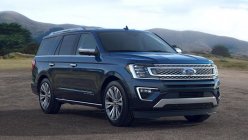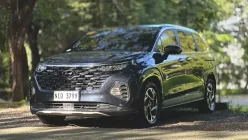South Korean carmaker Hyundai is further delving into alternative energy sources, with a $1.1 billion (over Php 55.7 billion) investment for two hydrogen fuel cell facilities through its automotive parts arm Hyundai Mobis.
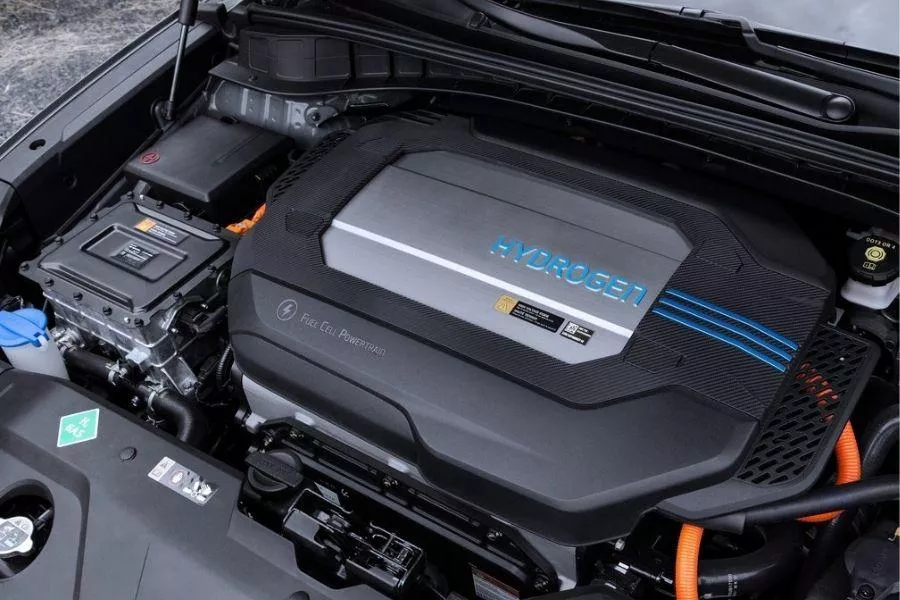
Hyundai wants to pursue development of hydrogen fuel cell technology alongside electrics
The subsidiary recently broke ground on one of the new plants at the Industrial Complex, located in Incheong’s Cheongna International City. This is one of two planned factories aimed at making hydrogen fuel cell stacks for future Hyundai models, with mass production scheduled to begin in the second half of 2023.
Both facilities are expected to churn out 100,000 fuel cells annually once full operations commence. These will complement the existing hydrogen fuel cell plant in Chungju which opened in 2018 and is capable of producing 23,000 hydrogen cell systems a year. This marked the first time a company was able to set up a complete production system from fuel cell stack to the rest of a car’s electronic components.
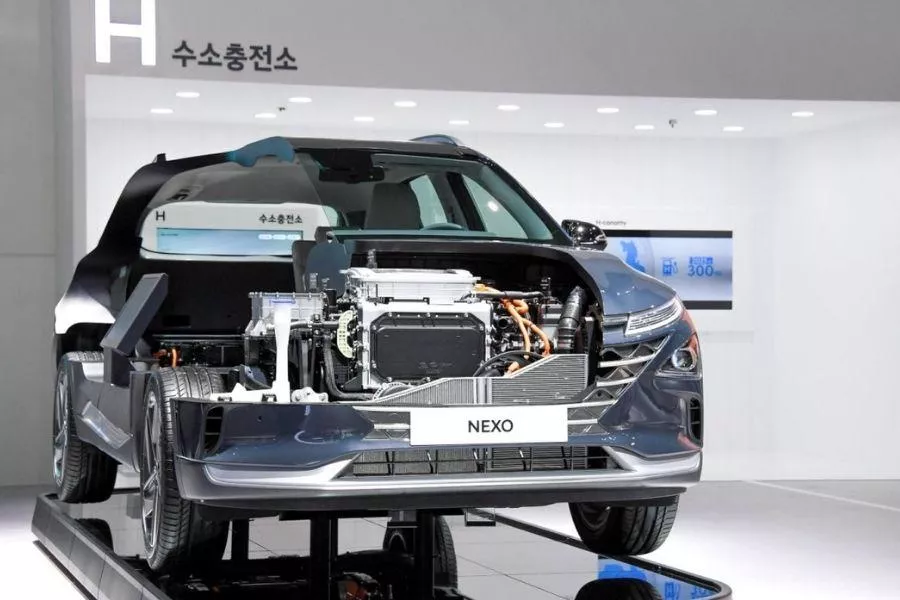
Passenger cars won't be the only segment that will benefit from being powered by hydrogen
“Despite uncertainties including COVID-19, we have decided to make this large-scale investment to secure the market-leading competitiveness in the global fuel cell industry,” said Hyundai Mobis President and CEO Sung Hwan Cho. “We will continue to invest more in facilities and strengthen our R&D capability for the development of the hydrogen industry and expand the ecosystem.”
Hyundai Mobis plans to develop the production of fuel cells for various applications, diversifying its hydrogen business. Current fuel cell systems made by the company are used in fuel cell electric vehicles (FCEV), but the company expects to scale it up to include construction machinery and logistics equipment.
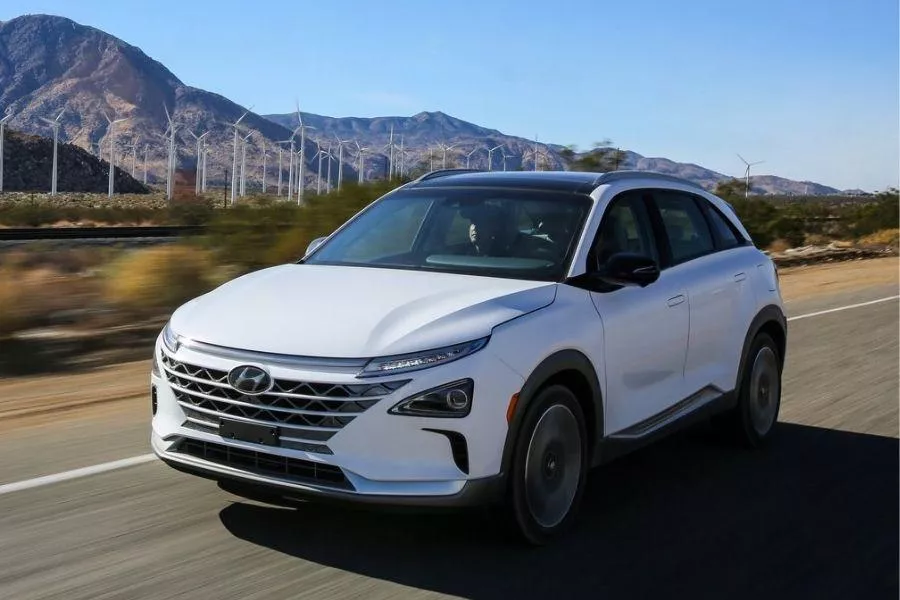
Hyundai Mobis plans to make headway in the global race for hydrogen mobility
In 2020, Hyundai Mobis came up with fuel cell power packs comprising generators that combine a fuel cell stack, hydrogen tank, and cooling device. These were installed in hydrogen forklifts, opening up prospects of the company entering the construction machinery sector. Upcoming products include power packs for hydrogen-fueled excavators as well as plans to use the fuel cells on small aircraft.
We expand your knowledge of industry trends at Philkotse.com.
Know more about Hyundai

In the local market, Hyundai Motor Philippines Inc., under the leadership of Lee Dong-Wook now sells Hyundai models locally as of 2022.
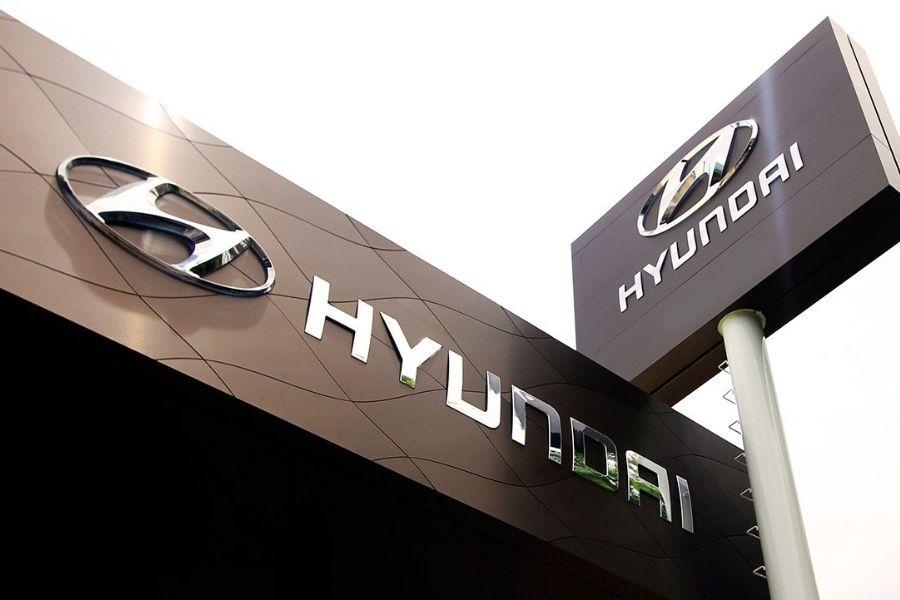
The brand’s lineup consists of the new crossovers which includes the Tucson, Santa Fe, and Creta. Under the MPV category, the Korean marque then has the new Staria model. The most affordable model in the local Hyundai lineup is the Creta's GL variant, which is priced at Php 998,000. The most expensive meanwhile is the Santa Fe, which retails at Php 2,420,000.
Of note, Philkotse makes sure to update its Hyundai car price list as needed. It also provides an up-to-date list of car promos for the said brand, as well as a list of Hyundai dealerships around the country.
Recent posts
- hyundai carbon neutral 2045 Sep 08, 2021
- Honda and Isuzu to develop hydrogen powered trucks together Apr 01, 2021
- Toyota is developing hydrogen-powered cars Sep 16, 2020
- Hydrogen-electric Hyundai crossover unveiled ahead of debut Sep 29, 2020
- Hyundai’s next-gen hydrogen fuel cell SUV promises 800km range Nov 28, 2022


